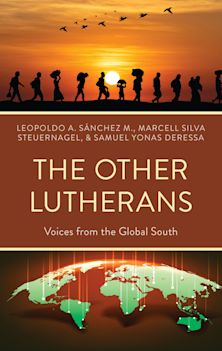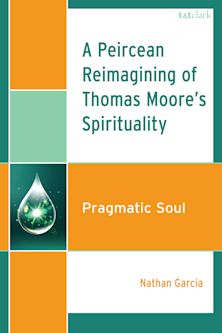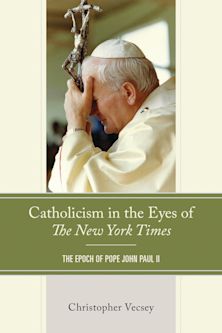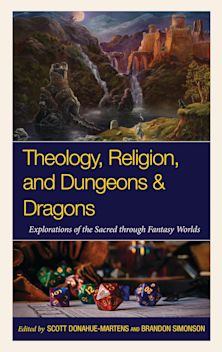Posthumous Editing of a Great Master's Work
Special Focus on the Writings of A. C. Bhaktivedanta Swami Prabhupada
Posthumous Editing of a Great Master's Work
Special Focus on the Writings of A. C. Bhaktivedanta Swami Prabhupada
This product is usually dispatched within 2-4 weeks
- Delivery and returns info
-
Flat rate of $10.00 for shipping anywhere in Australia
Description
Posthumous Editing of a Great Master's Work: Special Focus on the Writings of A. C. Bhaktivedanta Swami Prabhupada examines how a leading figure's hallowed written and published works, which remain so important to the religious community, should be editorially treated following the leader's departure from this world. The volume addresses the theological, ethical, social, and legal implications of posthumous editing—and even improving—a great master's works.
This book focuses on the extensive posthumous editing of the works of A. C. Bhaktivedanta Swami Prabhupada, the original world-teacher of Krishna bhakti of the twentieth century. After Swami Prabhupada departed from this world, some of his disciples, without the expressed approval of the author, attempted to improve on his authorized published work, which resulted in the publication of a continuing series of inauthentic altered editions. This extreme editing of Swami Prabhupada's works precipitated the scholarly research and inquiry into the posthumous editing of a great master's work that forms the basis of this book.
Table of Contents
Introduction, Graham M. Schweig
Chapter One: On Revealing the Face of Truth, Julius Lipner
Chapter Two: The Posthumous Editing of the Books of A. C. Bhaktivedanta Swami Prabhupada, Edith Best
Chapter Three: Posthumous Editing and the Privilege of the Sages, Austin Gordon
Chapter Four: On Restoring the 1972 Edition of the Bhagavad Gita As It Is, Kenneth Rose
Chapter Five: Issues Pertaining to the Editing of Prabhup?da’s Books, Michael J. Gressett
Chapter Six: Los Angeles Devotees’ Responses to ISKCON’s Post-Charismatic Editing Crisis, Anna S. King
Chapter Seven: Challenges in Constituting the Written Works of a Post-Mortem Author, Jonathan Edelmann
Chapter Eight: Guru, Sastra, Anubhava: The Triumvirate of Gau?iya Vai??ava Authority, Barbara A. Holdrege
Chapter Nine: Let the Master Speak! Issues of Textual Translation, Organization, and Interpretation in the Tradition of Sri Ramakrishna and Swami Vivekananda, Jeffery D. Long
Chapter Ten: Establishing Unitary Canons, Allan M. Keislar
Chapter Eleven: The Acharya's Copyrights: Legal Implications of Irresponsible Publishing, Joseph Fedorowsky
Chapter Twelve: Framing the Master's Work: On the Theo-Literary Method for Preserving the Completed Writings of a Departed Spiritual Preceptor, Graham M. Schweig
About the Contributors
Product details
| Published | 26 Feb 2024 |
|---|---|
| Format | Hardback |
| Edition | 1st |
| Extent | 252 |
| ISBN | 9781666939477 |
| Imprint | Lexington Books |
| Illustrations | 8 BW Photos |
| Dimensions | 237 x 158 mm |
| Series | Explorations in Indic Traditions: Theological, Ethical, and Philosophical |
| Publisher | Bloomsbury Publishing |
Reviews

ONLINE RESOURCES
Bloomsbury Collections
This book is available on Bloomsbury Collections where your library has access.



































